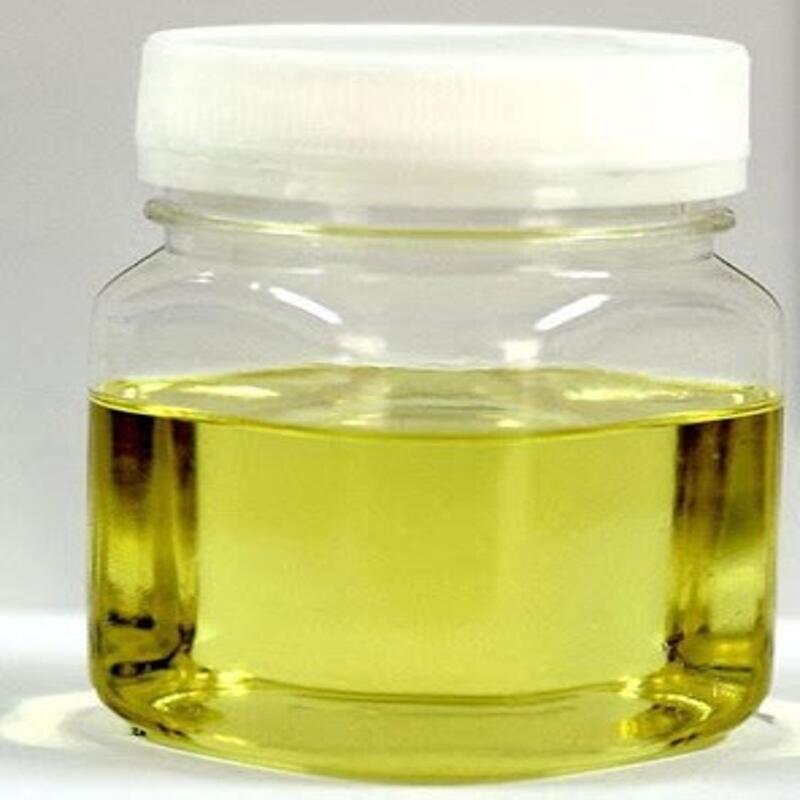-
Categories
-
Pharmaceutical Intermediates
-
Active Pharmaceutical Ingredients
-
Food Additives
- Industrial Coatings
- Agrochemicals
- Dyes and Pigments
- Surfactant
- Flavors and Fragrances
- Chemical Reagents
- Catalyst and Auxiliary
- Natural Products
- Inorganic Chemistry
-
Organic Chemistry
-
Biochemical Engineering
- Analytical Chemistry
-
Cosmetic Ingredient
- Water Treatment Chemical
-
Pharmaceutical Intermediates
Promotion
ECHEMI Mall
Wholesale
Weekly Price
Exhibition
News
-
Trade Service
The metepa (Methodical Foundations of Process Automation) is an important tool in the chemical industry for the design, operation, and optimization of processes.
It provides a systematic approach to the development and application of process automation systems, and is widely used in the chemical industry to improve process performance, increase efficiency, and reduce costs.
The metepa consists of a set of principles and guidelines that are used to ensure that process automation systems are designed and implemented in a consistent and effective manner.
The metepa is based on the idea that process automation should be based on a clear understanding of the process and the goals of the automation.
One of the key principles of the metepa is the separation of the control function from the process function.
This means that the control system, which is responsible for regulating the process, should be separate from the process itself.
This allows for greater flexibility and adaptability in the process, as well as the ability to make changes to the process without affecting the control system.
Another important principle of the metepa is the use of standardized components and interfaces.
This ensures that the process automation system is compatible with other systems and can be easily integrated into the overall process.
It also makes it easier to maintain and update the system, as well as to train personnel on its use.
The metepa also emphasizes the importance of testing and validation of the process automation system.
This is done to ensure that the system is functioning correctly and meeting the desired performance goals.
Testing and validation should be done at all stages of the development and implementation of the system, from the design phase to the final commissioning.
In addition to these principles, the metepa also provides a set of guidelines for the development and implementation of process automation systems.
These guidelines cover all aspects of the process, from the initial design phase to the final commissioning of the system.
They include recommendations on the use of data, the development of safety systems, the integration of the control system, and the training of personnel.
The metepa is widely used in the chemical industry to improve process performance, increase efficiency, and reduce costs.
It is a key tool for the development and implementation of process automation systems, and is an essential component of any process automation project.
By following the principles and guidelines of the metepa, chemical companies can ensure that their process automation systems are designed and implemented in a consistent and effective manner, and that they are able to meet the needs of the process and the company.
In conclusion, the metepa is a valuable tool for the chemical industry, providing a systematic approach to the design and implementation of process automation systems.
It is based on a set of principles and guidelines that ensure that the process automation systems are designed and implemented in a consistent and effective manner.
The metepa is widely used in the chemical industry, and is an essential component of any process automation project.
By following the principles and guidelines of the metepa, chemical companies can ensure that their process automation systems are effective and meet the needs of the process and the company.







